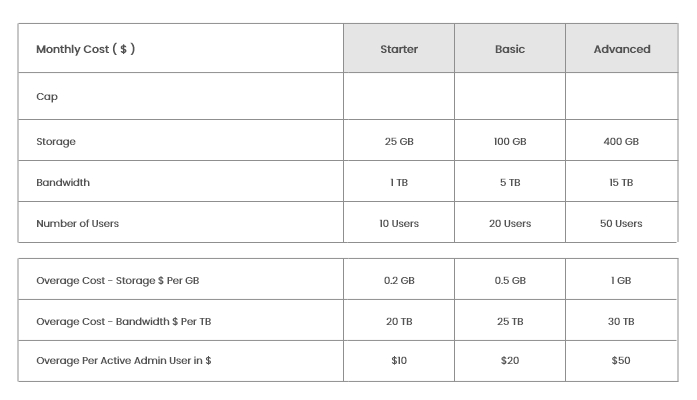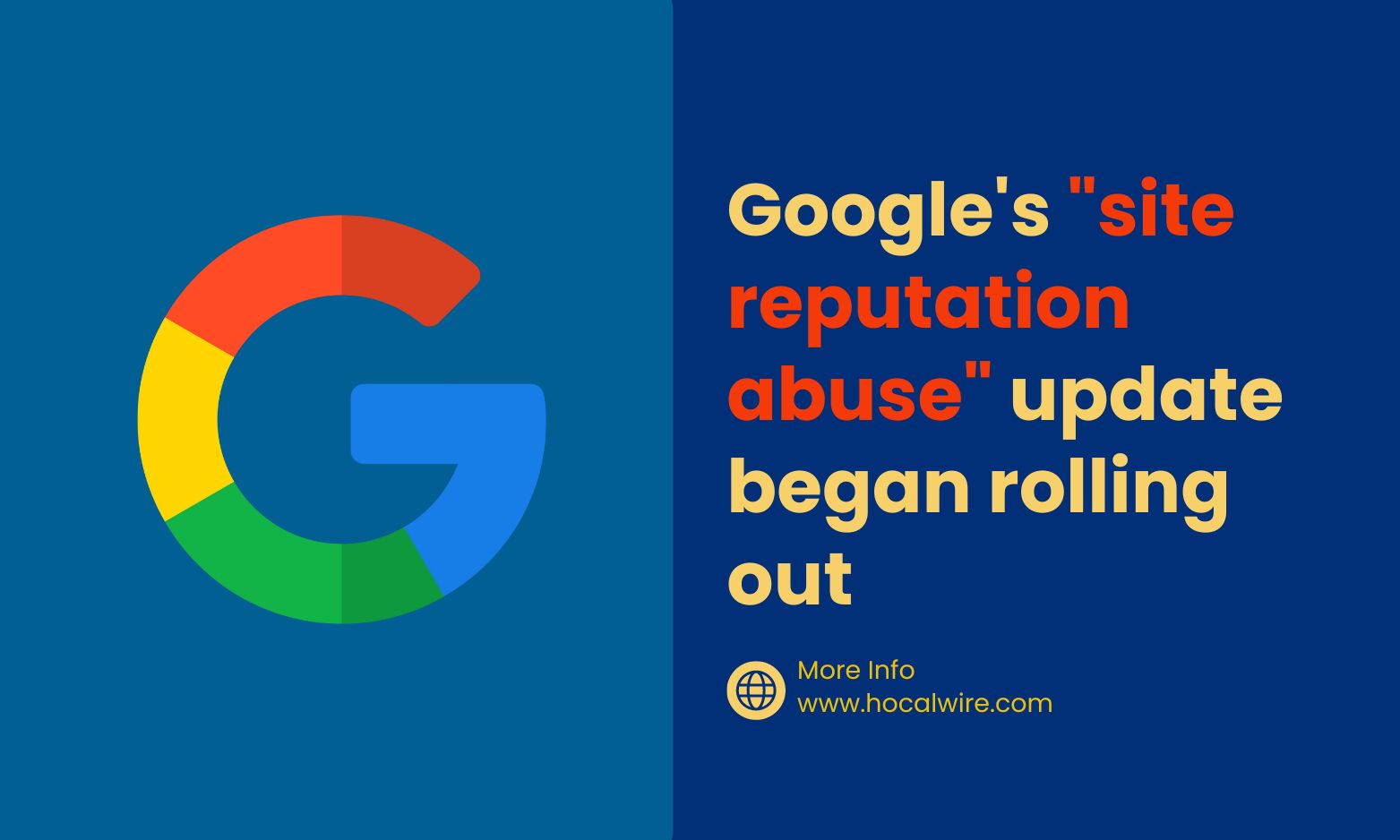



Google's "Site Reputation Abuse" Update
Google's "site reputation abuse" update began rolling which will consider low-value, third-party content.
Google’s SearchLiaison confirmed that Google’s site reputation abuse update started on Monday, May 6th. In the future, automated activities will be replaced with manual ones. Numerous websites from all around the internet removed pages that can be interpreted as having third-party content hosted for search engine optimisation.
Google's "site reputation abuse" update began rolling which will consider low-value, third-party content produced primarily for ranking purposes and without close oversight to be spam.
Algorithmic Later, Manual Action Now
SearchLiaison noted that the Site Reputation Abuse policy's algorithmic component will be available shortly and that as of right now, manual enforcement is the only method used. Manual actions are the result of Google employees personally reviewing websites to decide whether or not to remove them from the search index.
Site Reputation Abuse
Piggybacking material on another website is an ancient tactic recently gaining popularity among marketers looking to boost their search engine rankings. The practice is best described as a publisher leveraging the website of another publisher.
Some inexperienced marketers gave the technique the embarrassing moniker "parasite SEO." The term "parasite SEO" is a poor fit for this tactic, as a parasite lives off of its reluctant host, whereas this method of ranking sites is based on consent, not on one site attacking another without authorization.
However, this isn't a low-level affiliate marketing tactic. Additionally, a lot of well-known brands use it, especially when it comes to credit cards and product reviews.
Google Targets Third Party Content
This particular spam policy targets websites that display content from third parties with little to no involvement from the host publisher. However, being singled out for spam requires more than just hosting content from other parties.
As per Google Google’s guidelines on Site Reputation Abuse: the new policy doesn't consider all third-party content to be a violation, only that which is hosted without close oversight and which is intended to manipulate search rankings. For example, many publications host advertising content that is intended for their regular readers, rather than to primarily manipulate Search rankings. Sometimes called "native advertising" or "advertorial", this kind of content typically wouldn't confuse regular readers of the publication when they find it on the publisher's site directly or when arriving at it from Google's search results. It doesn't have to be blocked from Google Search.
Source Url: https://developers.google.com/search/blog/2024/03/core-update-spam-policies#site-reputation
To learn how Hocalwire may assist in transforming your current codebase into a beautiful mobile experience, Schedule a Demo right away.

